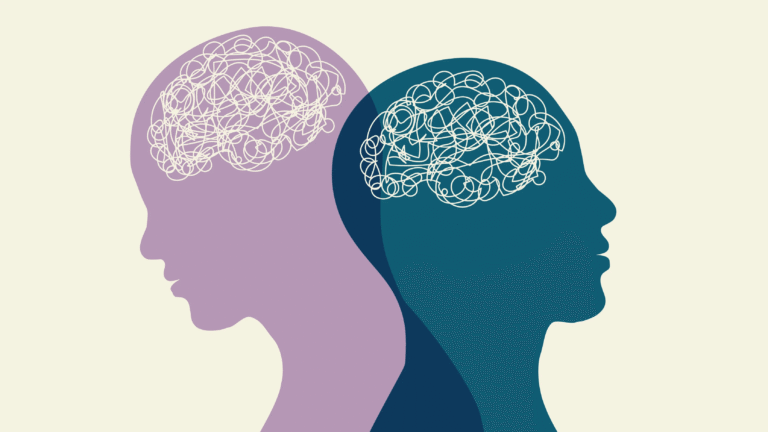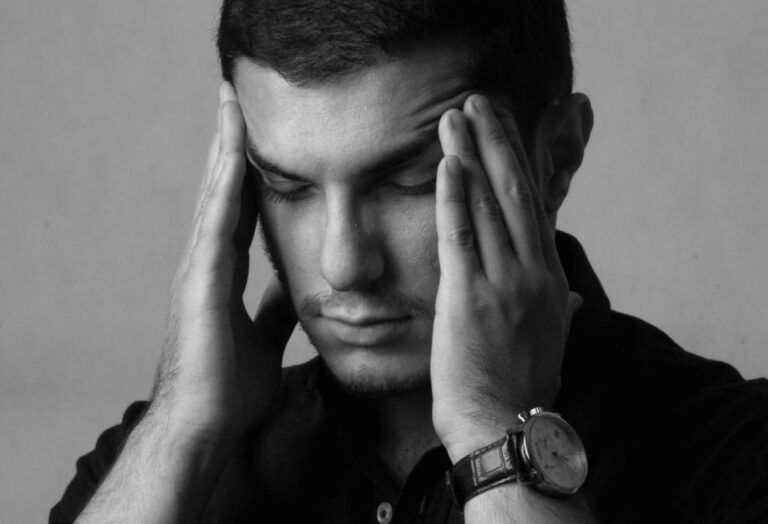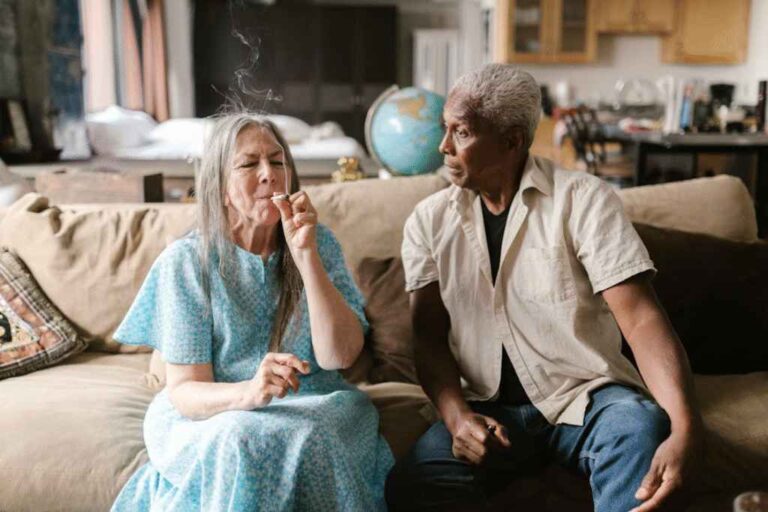Even though the large populace believes that mental wellness can only be achieved through cognitive therapy and prescribed drugs, a simple action of heat and cold exposure can significantly change the mind. As a person struggling with mundane life or psychotic life grows accustomed to their surrounding, the physiological change – through temperature – makes them focus on their body and revert from negative emotions within moments.
Heat vs. Cold Exposure: The Differences
Heat and cold exposure work for physical and mental health issues, yet the mechanisms of these exposures are different. Being exposed to heat increases blood flow, while cold decreases blood flow.
According to the Thermo Wellness Blog data, cold water activates the vagus nerve, promotes a state of tranquility, and shifts attention from chronic stress and anxiety. So, when a person feels restless and on the verge of making a wrong decision out of whim, coming into contact with anything cold (as simple as an ice pack) calms the nerves and slows the mental calculation process.
In contrast, getting in touch with warmth makes a person struggling with chronic depression and lethargy feel energetic and motivated to work; past research found that a single sauna session functions similarly to an anti-depressant for a maximum of 42 days. Heat causes vasodilation ( widening of blood vessels) and enhances the brain’s oxygen flow, leading to better cognitive function and mood stability.
5 Ways Heat and Cold Exposure Boosts Mental Health
1. Instant Relief to Panic Attacks
A person can get fast relief upon coming into contact with heat or cold, no matter whether the situation stems from being alone, having a breakdown, or feeling anxious around a large crowd. The flight-or-fight response, heightened heartbeat, blurry vision, cold limbs, and sound or smell sensitivity get controlled once the individual receives a cold or hot compress. In colder regions, the heat compresses hands and feet, bringing warmth and elevated blood circulation – leading to mental stability and a sense of being close to people. In contrast, a cold compress on the shoulder in a hotter climate or atmosphere decreases the palpitation, clears the vision, and lets people get less sensitive quickly.
For chronic patients of panic disorder and anxiety disorder (social, separation, phobia), ice baths, saunas, and even plain old hot showers eliminate negative thoughts and bring relief. The sudden change of temperature lets the person in concern focus on physical changes instead of the psychotic triggers – protecting them from the full brunt of an episode.
2. Releasing Endorphins, aka Happy Hormones
An ice bath or cryotherapy not only lowers the body temperature but also sends electrical impulses to trigger the release of multiple hormones, notably endorphin, which is the hormone that works as a mood booster. Endorphin boosts energy, clarity, and situational awareness, improving mental well-being. Moreover, the increase in endorphins functions as a temporary escape from external or internal stressors and strengthens the mindset against triggers; it works in the long run to curb mental breakdowns.
Controlled exposure to heat through sauna (regular and infrared), hot bath, and steam rooms releases dynorphins first and then endorphins. As the process starts with discomfort and jolts down a person’s entire physiology, releasing endorphins feels even more rewarding and triggers an extended happy time.
3. Ensures a Better Sleep Cycle
Everyone has their circadian rhythm, but being a night owl and sleeping for 3-4 hours per day can damage the mental well-being of anyone. Regular exposure to heat and cold helps build a solid sleeping schedule and regulates the body parameters daily – leading to a sound and productive mind for work. A hot shower or bath before bedtime lowers the body’s core temperature, which is a circadian sleep signal for the body. However, a cold shower before nap time is a big negative, as it heightens the alertness of the mind and takes the individual longer to fall asleep.
A cold shower is a perfect way to start the day; it kickstarts every body cell and prepares the brain cells for the day’s hustle and bustle. Be it grogginess, foggy head, or morning slump, the cold shower clears them all off and helps people start the day fresher and crisper.
4. Reduces the Risk of Hypertension
Various traditional methods of heat exposure, such as saunas, have proven to be a form of relaxation, decreasing high blood pressure, neurocognitive diseases, and pulmonary diseases. Scandinavian regions are famous for using saunas, and their population has benefitted for centuries through cardiovascular improvements and controlled blood pressure. A Finnish study found that 1 hour of sauna twice a week decreased Serum Cortisol levels. A higher level of cortisol facilitates hypertension and the risks associated with it: stroke, stress, and cardiac failures. Hence, regular use of heat exposure lowers the risk of diseases related to hypertension commonly seen in the population over 40.
Similarly, a cold plunge increases blood circulation, reduces the pressure from mental stressors, and improves mood – decreasing blood pressure quickly. Thus, regular cold showers or cryotherapy trains the cardiovascular and neuro systems against mental stressors to keep hypertension in check.
5. Enhances Autonomic Nervous System Balance
When it comes to mental well-being, the balance between sympathetic (fight or flight) and parasympathetic (rest and digest) branches of the autonomic nervous system plays a vital role in keeping a person calm. Cold exposure regularly improves the balance of the nervous system and heart rate variability; it is associated with reduced stress levels and enhanced emotional resilience. Moreover, the cold shock proteins protect and repair neurons, improving the process’s cognitive function and mental health.
Researchers found exposure to controlled cold habituation increased parasympathetic activity. So, people struggling with restlessness, insomnia, depression, and ADHD can calm down and control their emotions better upon regular cold plunges.
Outro
Contrary to popular belief, heat exposure is an activity in colder regions, and vice versa in hotter climates; supervised submissions can benefit any atmosphere. By systematically including temperature-controlled experiences in daily life, you can fight your inner demons and get past the triggers diminishing your mental well-being.













